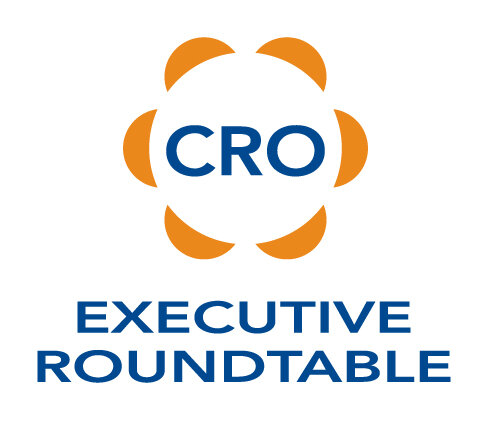Your company’s fate is in the hands of your sales people.
Whether you are hiring for inside or outside sales, you are going to give careful consideration to the candidates in front of you. But back up a bit. Have you thought about the role that they will play specific to your business? This is essential; think it through.
The Nature of the Sales Role – Outside vs. Inside
If you’re hiring outside sales, also called “field sales”, you’re expecting reps to meet with prospects face-to-face, have a detail-oriented appearance, and probably do a lot of traveling. Their managers may see them only quarterly. The sales they’ll negotiate will tend toward greater complexity, and probably be a longer process to establish. Their communication, by phone or email, is often oriented toward setting up appointments.
An inside sales rep works in an office where they will show up most every workday, and may also be “on call” to cover additional hours. They spend a lot of time obtaining new business through cold calls, so they must be great at giving information without visuals or props. The ability to clearly articulate a product or service, while also reading the person across the phone line, is a gift common among successful inside sales people.
Reviewing these two styles of business sales, it’s obvious that each attracts its own personality type. You want to be sure of which you are seeking when you put out the call. But the question remains: which call to make? The answer is as unique to your own business as a sales rep is to the process of sales.
Tips For Determining Which Model Matches Your Business
- What kind of clients/customers are you going after? Is their industry more oriented toward one sales style over another? Example: if you’re in active sports, chances are you want a team of outside sales people demoing products and conducting clinics.
- What size is the business of the client you’re chasing? It your targets are SMBs, and your product isn’t demo-heavy, inside sales could be your best bet.
- Calculate what you can afford. If you need revenue to roll in NOW, you probably can’t afford to send sales reps across the map for face-to-face. Bear in mind that rep productivity must make good financial sense for you.
- Consider the solutions your product or service offers for the problems your customer faces. What is the best approach to deliver the message that their problem can be solved?
- Do you have the management in place to work with the type of rep you are considering hiring? If your management team regularly sits down with their reps, they’re going to want to keep the sales force inside. If they’re all about setting the reps up for success and letting them roll, outside sales are what they’re all about. Don’t force a square peg into a round hole!
Tips For Selecting The Best Reps
It’s all about you. The bottom line is getting the folks who are going to score wins for your business. You may already know how to hire salespeople: when reviewing candidates, keep your eyes open and trust your instincts, but let your instincts rely on these points.
- Select talent and skills over experience. Although experience is a benefit not to be ignored, it is not an ultimate predictor of success. Too many variables affect sales for you to rely on the individual’s experience as the highest hiring factor. It’s the opposite for skills and talent; these traits can be measured. Learn how to best assess and factor their abilities into your decision.
- Beware of the herd mentality. Hire salespeople who are not just like you. A diverse team brings varying skill sets, delivers fresh solutions and will likely have broader overall knowledge. Look for reps with unique styles that round out your needs.
- Set up hiring situations and put the candidate into play. Mirror the selling situation the salesperson will be placed in. Check out how they handle multiple questions, interact with varying levels of power and make eye contact. Be sure to envision the candidate selling for your company.
- Put the search for perfection to rest. Make a list of your company’s “need-to-haves” and a list of the “nice-to-haves.” Do not expect to check all boxes on each list. The right sales candidate will have some blemishes. This just means they have room for improvement, as well as the potential for adaptation and great growth within your company.
Clearly, you want the sales person you hire to be within the image of the rep you have in mind. If you hire a Clark Kent, don’t expect him to snap into Superman. But with the right basics starting out, and great guidance and tools from you, he just might become a superhero for your company.



